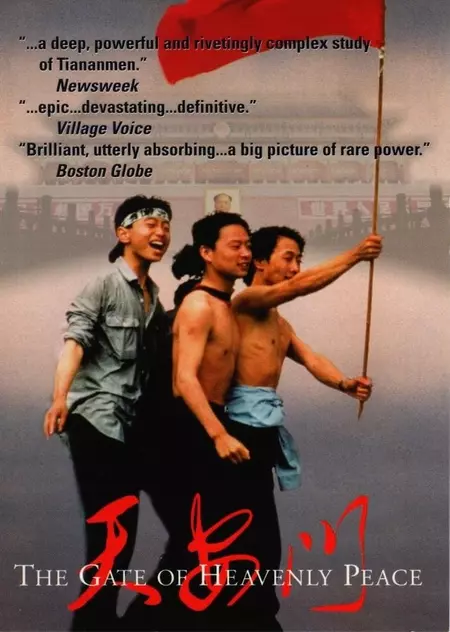Devils on the Doorstep (2001)
October 26, 2001Release Date
Devils on the Doorstep (2001)
October 26, 2001Release Date
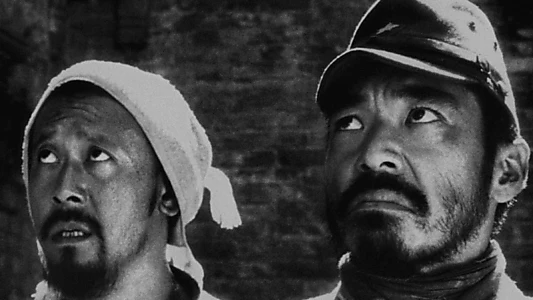
Plot.
Where to Watch.
Cast & Crew.

Jiang Wen
Ma Dasan / Director / Screenplay / Story / Producer

Jiang Hongbo
Yu'er

Teruyuki Kagawa
Kosaburo Hanaya

David Wu
Major Gao

Yuan Ding
Dong Hanchen

Cong Zhijun
Grandfather

Li Congxi
Liu Wang / Line Producer

Zi Xi
Liu Wang

Li Haibin
Me

Kenya Sawada
Inokichi Sakatsuka

Cai Weidong
Er Bozi / Art Direction

Chen Lianmei
Aunt

Yoshimoto Miyaji
Koji Nonomura

Chen Qiang
Lone-Stroke Liu

Shu Chen
Qiye

Haiying Li
Writer

Jianquan Shi
Brother-in-law

Katsuhiro Nagano
Telephone Line Layers

Ryosuke Uomi
Telephone Line Layers

Yunshen Bai
Liu Wang's Father

Haizhao Zhou
Little Thresher Yu'er's son

Liu Xiaodong
Producer

Haidong Xu
De'rtou

Shiru Du
De'rtou's Father

Youren He
Drum Singer

Yihe Wang
Drum Singer

Junji Kajioka
Japanese Officer

Masayuki Yamada
Japanese Officer

Yuta Ishiyama
Japanese Officer

Yayoi Inoue
Japanese prostitute

Eri Kitahara
Japanese prostitute

Mirei Nakahara
Japanese prostitute

Tomoko Itaya
Japanese prostitute

Etsuko Morita
Japanese prostitute

Mineko Kokaji
Japanese prostitute

Shu Ping
KMT Army Officer / Screenplay / Story

Hu Jiang
KMT Army Soldier

James W. Mayfield
US Marine

Abram Sauer
US Marine

Jincai Jiang
Japanese dancer

Mamoru Yamada
Japanese soldier

Yoshimoto Inoue
Japanese soldier

Daisaku Uchino
Japanese soldier

Makoto Shibazaki
Japanese soldier

Junichi Kajioka
Japanese sergeant (uncredited)

Shi Jianquan
Production Design / Writer

Gu Changwei
Director of Photography

Cui Jian
Music

Haiying Li
Writer / Music / Assistant Director

Xing Liu
Writer / Music

You Fengwei
Novel / Screenplay

Dong Ping
Executive Producer

Liu Xiaodian
Producer

Liu Xiangdong
Producer

Hua Zhang
Line Producer

Zheng Quangang
Executive Producer

Folmer Wiesinger
Editor

Yifan Zhang
Editor

Shiyun Tang
Production Design

Ma Wenzhong
Assistant Director

Quan Wu
Assistant Director

Yang Zhang
Assistant Director

Yijun Zhao
Assistant Director

Steve Burgess
Sound Re-Recording Mixer

James Harvey
Sound Effects Editor

Francis Ward Lindsay
Foley Artist

Ling Wu
Sound Recordist

Yan Geng
Stunt Coordinator

Shengui Wang
Stunt Coordinator

Yongcheng Wang
Stunt Coordinator

Fan Yu
Stunt Coordinator

Chunzhong Zhang
Stunt Coordinator
Media.



Details.
Release DateOctober 26, 2001
Original Name鬼子来了
StatusReleased
Running Time2h 19m
Content RatingNR
Genres
Last updated:
This Movie Is About.
Wiki.
Devils on the Doorstep (simplified Chinese: 鬼子来了; traditional Chinese: 鬼子來了; Japanese: 鬼が来た!; literally "the devils are here"; the devil is a term of abuse for foreign invaders, here referring to brutal and violent Japanese invaders in China during World War II) is a 2000 Chinese black comedy war film directed, co-written and produced by Jiang Wen, starring Jiang himself, Kagawa Teruyuki, Yuan Ding and Jiang Hongbo. Shot in black and white to mimic old-time war movies, the film premiered at the 2000 Cannes Film Festival on 12 May where it won the Grand Prix. The film was initially not allowed to be shown in theaters in its native China for a certain period but has eventually been made commercially available there since.
The story takes place in a small remote village named Guajiatai (or Rack Armor Terrace) near Shanhaiguan, Hebei at the end of the War of Resistance Against Japan. One night, a mysterious man brings two captives in sacks (Japanese soldier Teruyuki and translator Dong Hanchen) to the doorstep of a peasant's (Ma Dasan) home and threatens Ma to keep them until he returns to pick them up on New Year's Eve. Fearing both the mystery man and the Japanese, the whole village falls into a dilemma over what to do with the two prisoners.
The film is inspired by the novel Survival by You Fengwei, and was greatly modified during the process of adaptation. This film shelved the theme of "the brave resistance against Japanese aggression" in the original literature, and focused on the themes of "the ignorance of the peasants" and "the absurdity of the war." Contrary to its title, Devils on the Doorstep is not at its core an anti-Japanese war film. In Jiang's own words, the film shows how Chinese literature and film has perpetuated an attitude of blaming the aggressor and casting the Chinese population as passive victims of aggression. Jiang hoped that the film illuminates this common human psychological trait of blaming others for disaster that goes beyond Chineseness.
You May Also Like.

Let the Bullets Fly (2010)
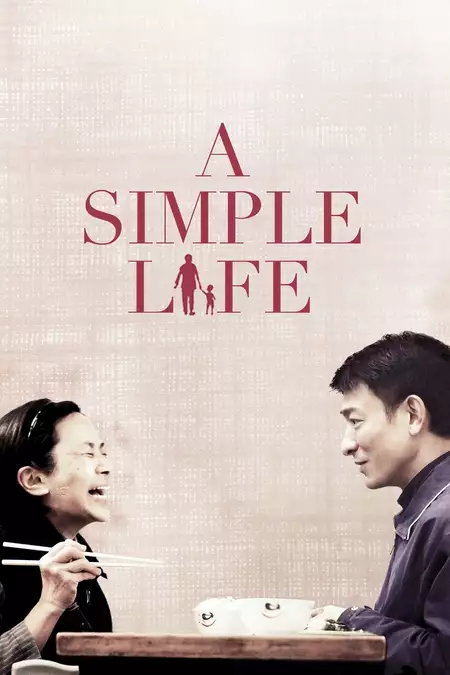
A Simple Life (2012)

Summer Palace (2006)
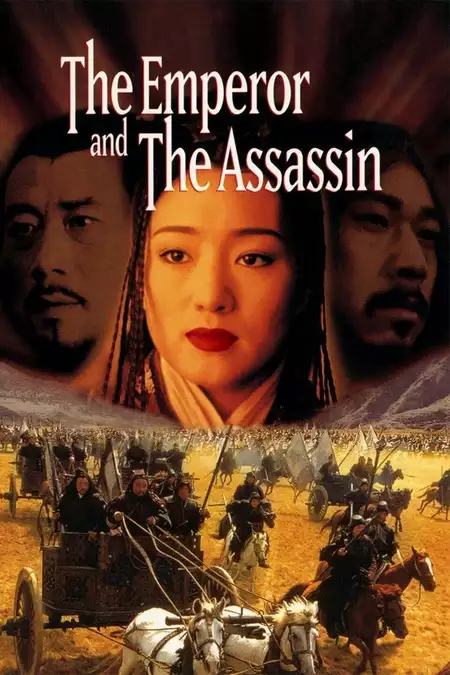
The Emperor and the Assassin (1998)

Yu Pui Tsuen III (1996)

In the Heat of the Sun (1994)

Warriors of the Rainbow: Seediq Bale - Part 2: The Rainbow Bridge (2011)

Samaritan Girl (2004)

White Vengeance (2011)

Sacrifice (2020)
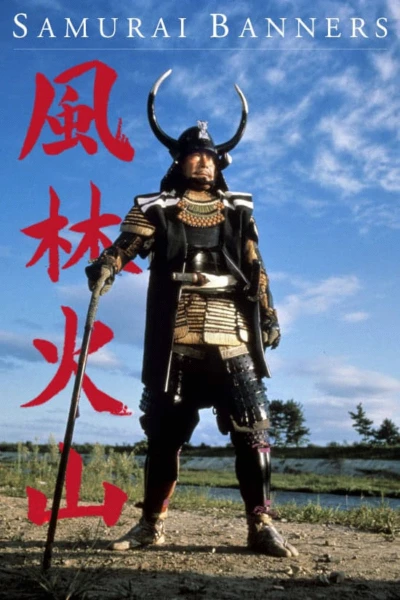
Samurai Banners (1969)

Failan (2001)
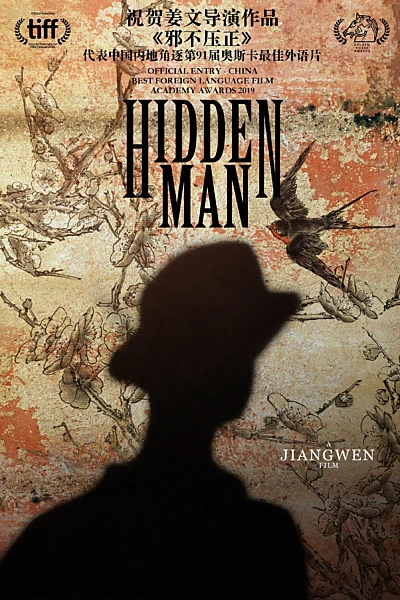
Hidden Man (2018)

Blind Massage (2014)

The Sun Also Rises (2007)
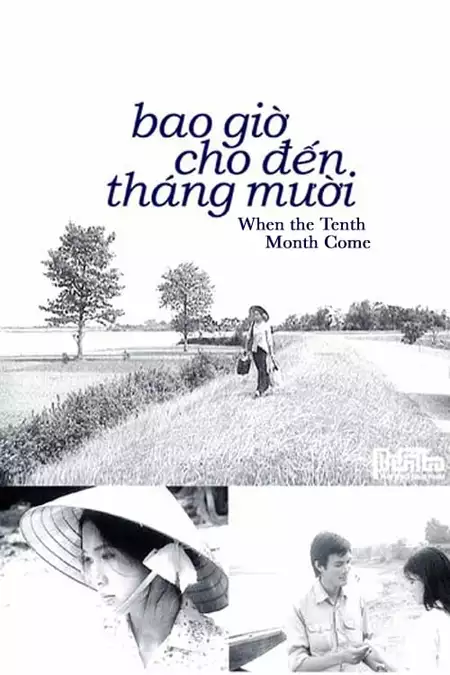
When the Tenth Month Comes (1984)

The World (2004)
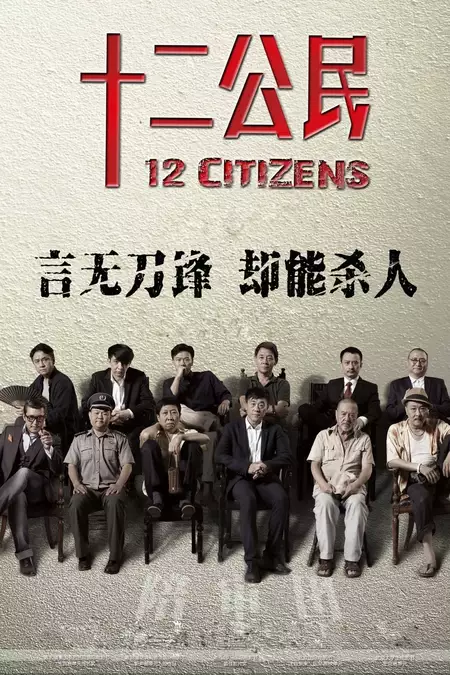
12 Citizens (2014)
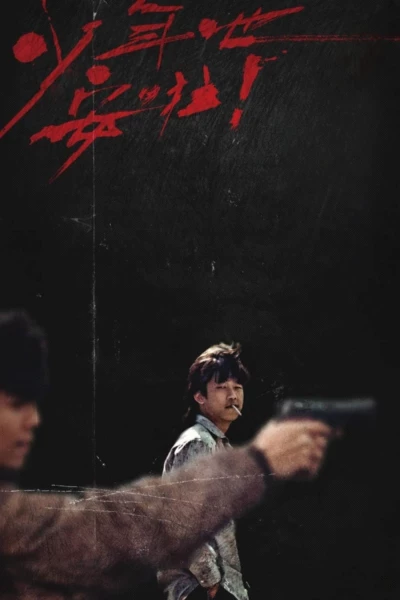
Dust of Angels (1992)
